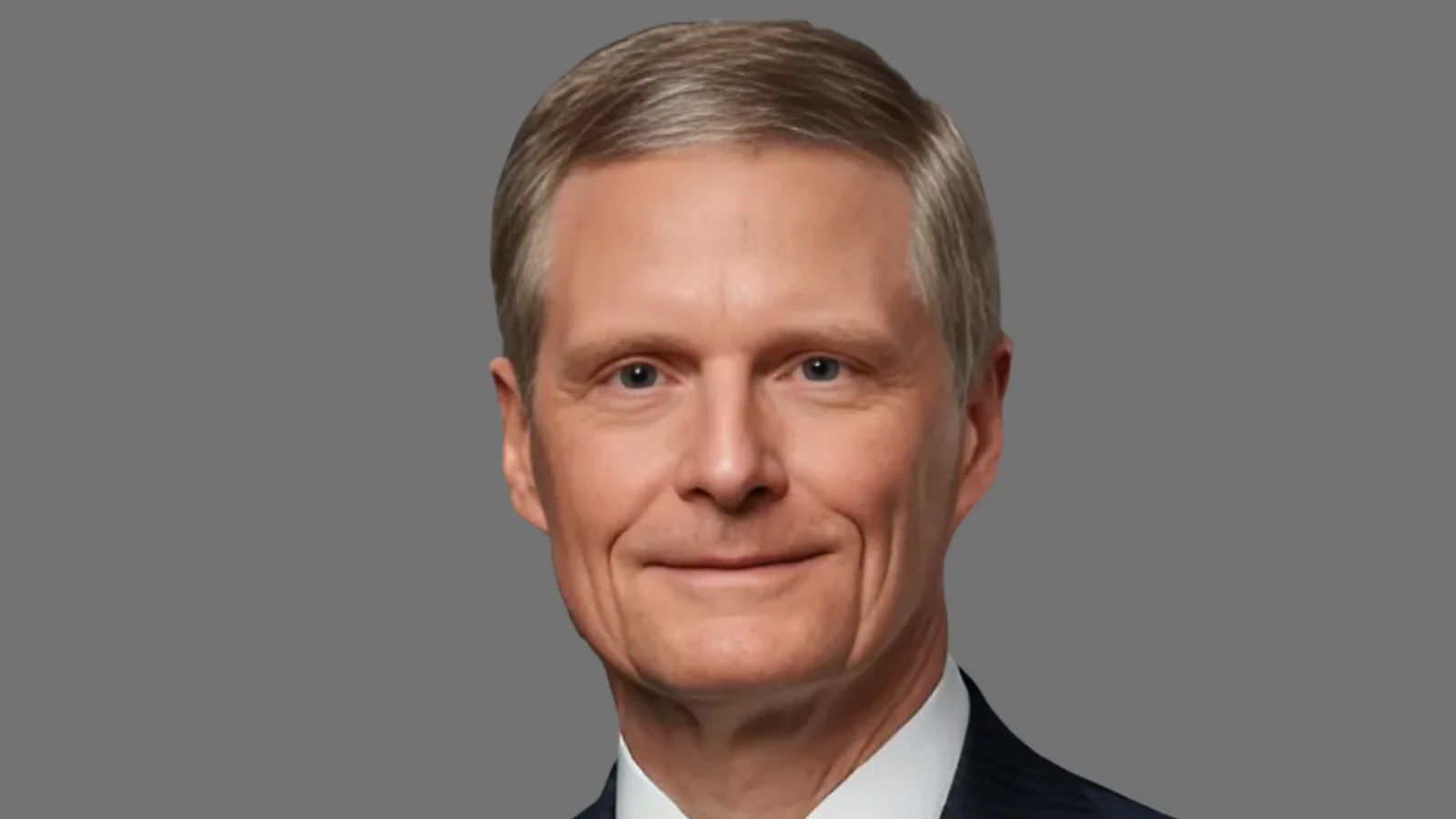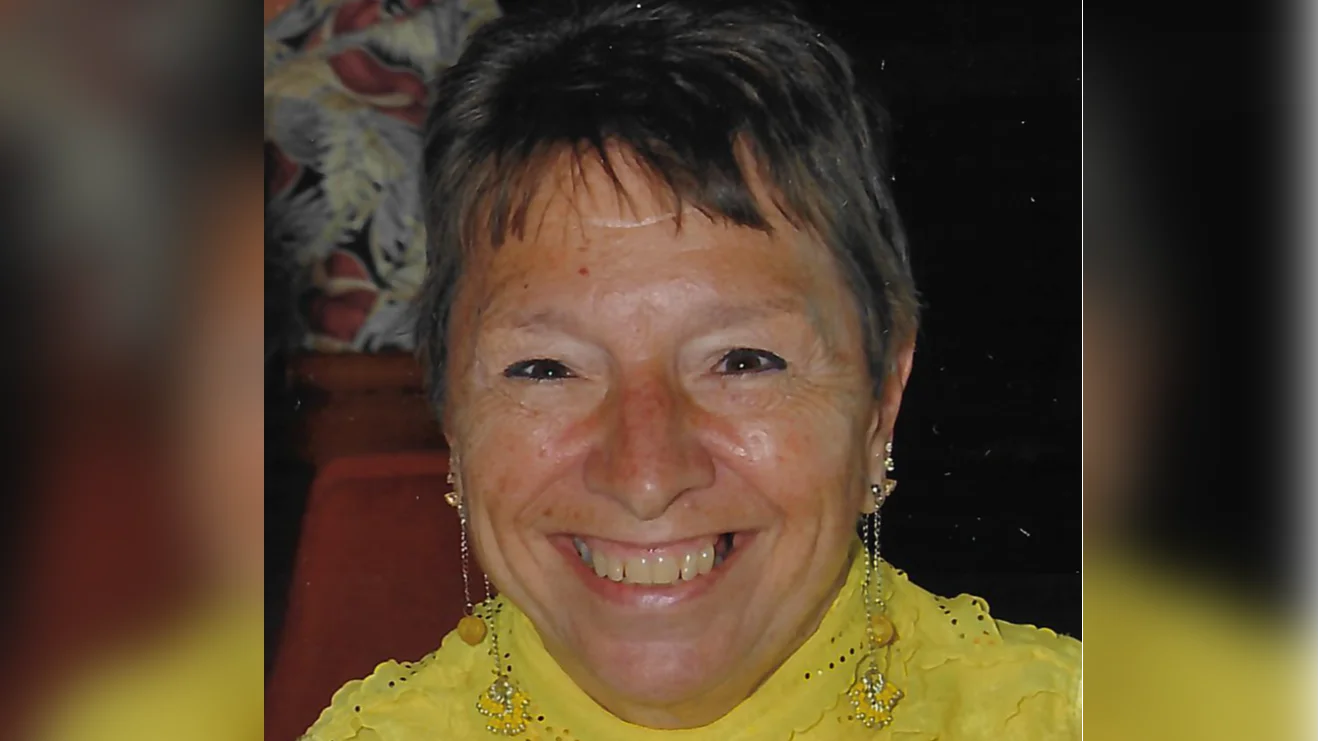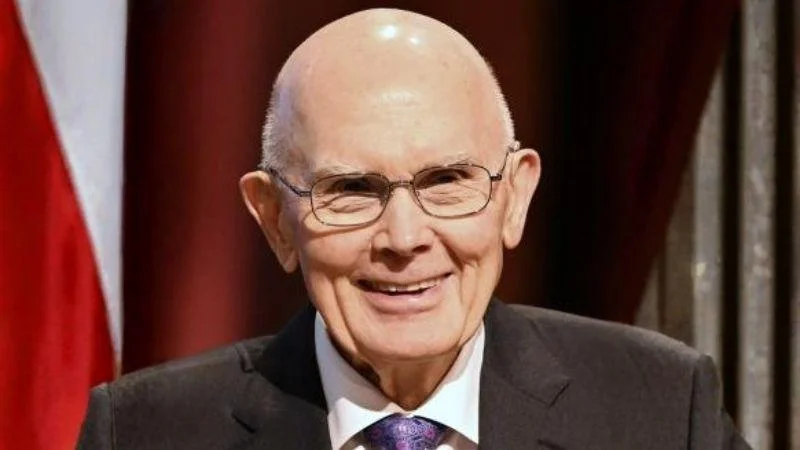Two former presidents of Brigham Young University, President Dallin H. Oaks and President Jeffrey R. Holland, discussed the university’s history and influence as it marks its 150th anniversary since its founding in October 1875.
President Oaks, now the leader of The Church of Jesus Christ of Latter-day Saints, and President Holland, a member of the Quorum of the Twelve Apostles, spoke from a recording studio on Temple Square in September. Both men are graduates of BYU and expressed appreciation for their education and the school’s leadership.
President Holland highlighted BYU’s spiritual mission: “We come there to study and to take degrees — and it’s everything from art to zoology. But running through it is a foundation and a theme that [students] are children of God. We’re to teach them for eternity.”
Reflecting on his time as BYU president from 1971 to 1980, President Oaks said he found it challenging to balance academic responsibilities with spiritual ones: “Coming as I did from a professor of law at a great university, I had no experience with balancing the spiritual,” he said. “The rest of [university administration] I was familiar with, but it was a struggle for me all the time I served at BYU to watch the thermometer registering spiritual temperature. I think the university [today] does it much better than I in my struggles was trying to do it.”
The leaders also discussed BYU’s unique student body, including many returned missionaries or students preparing for missionary service. President Oaks noted, “That is a powerful advantage that our Church Education System institutions have in the quality of education they can offer.”
Demographic changes were addressed by both leaders. President Holland observed that more than half of current BYU students are women. President Oaks added that this trend is also present in BYU’s law school: “When I enrolled in law school at the University of Chicago in 1954, there were only two or three out of about 100 in the student body who were women. Now it would be a majority of those enrolled.” He also mentioned that living alumni numbers have grown from 125,000 to 466,000 over five decades.
On athletics and humanitarian efforts, President Holland remarked on strong alumni support: “I don’t think there’s a school in America that has the built-in alumni support and visible athletic support that BYU has wherever it goes — in numbers and in quality.” He praised coaches’ increasing loyalty to standards and national standing.
President Oaks pointed out how football team trips often include humanitarian work: “They become coworkers in humanitarian projects [and] other things that the local school wants to promote,” he said.
President Holland reflected on his personal journey: “My life was changed like a tsunami,” he said about serving a mission and enrolling at BYU. “It was a major, major reset in my life — with eternal consequence.”
President Oaks shared what he gained from his time at BYU: learning key academic skills as well as gaining an advanced understanding of gospel teachings through religion classes.
“BYU is the Lord’s university because it was established by a prophet,” President Oaks concluded. “It has been carried on with prophetic leadership to this day. And it places the highest priority for its students and its faculty and its administration and its position in the community to furthering the ideals, the teachings and the values of the gospel of Jesus Christ.”
 Alerts Sign-up
Alerts Sign-up






